Every year, for the past 5 years in the UK, there has been a movement known as ‘veganuary’. People pledge to give up meat, dairy and all animal products for the month of January and eat a vegan diet.
Each year increasing numbers of people take up the pledge and there is a lot of media attention on veganism. And each year I think about taking part, but haven’t done so. This year I gave it a go, and this is my experience of being a low histamine vegan . . .
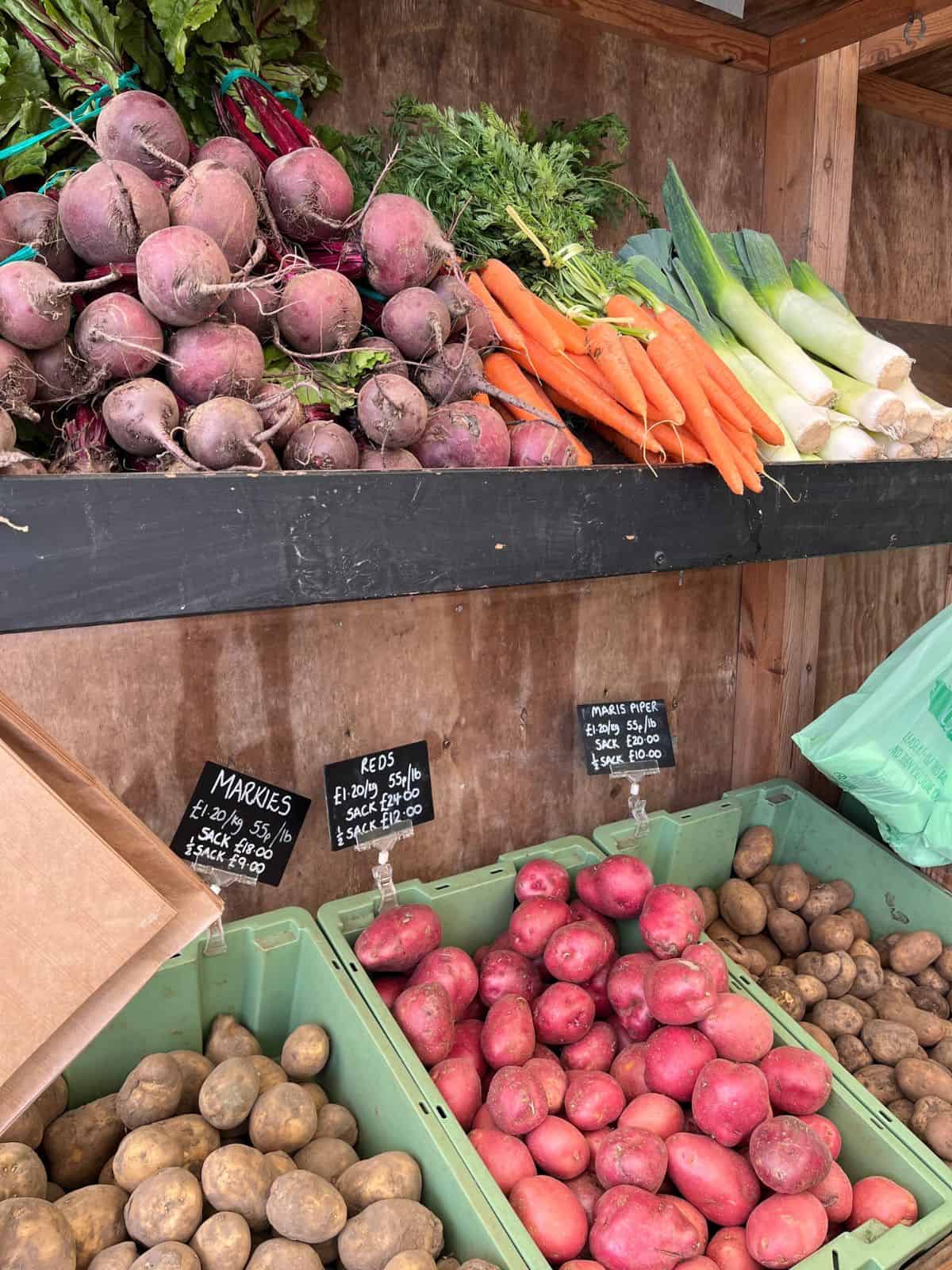
Jump to:
Why did I try to be a low histamine vegan?
As someone who hasn’t eaten meat since childhood, only re-introduced fish in the past two years and is rather lactose intolerant so hasn’t drunk milk for about ten years, the idea of being vegan (or plant-based) has been rather intriguing.
For both health and ethical reasons, I have chosen not to meat from a young age. When I decided, age 11, to stop eating meat my mum was supportive, but presumed it was a phase. A few decades on and I think she has realised that it isn’t!
Despite being vegetarian I continued to eat dairy and eggs (always free-range). But over the past few years I have toyed with taking it one step further and being a vegan.
There is so much more provision for a vegan diet in the past few years, with cafes providing vegan options and supermarkets having increasing numbers of vegan ranges and products. It seems easier and easier to be vegan, or plant-based.
MCAS, a low histamine diet and veganism
But there’s a catch to this seemingly easily transition to being vegan for me personally . . .
A few years ago I was diagnosed with mast cell activation syndrome and for the past year or so have been eating a low histamine diet as a means to help control the condition and ease my symptoms (alongside medication and other lifestyle changes). MCAS, as it is known, to put it simply means that your mast cells, which all of us have, release too much histamine and other chemicals.
It is condition that has an association with the conditions postural orthostatic tachycardia syndrome (POTS) and hypermobility Ehlers-Danlos syndrome (hEDS), both of which I am diagnosed with (see Mast Cell Action's discussion of comorbidities).
If you have MCAS you may have been advised to eat a low histamine diet, perhaps alongside taking anti-histamines, mast cell stabilisers and quercetin.* To help me further with my diet, I saw a dietician who specialised in the condition and who recommended that I try a low histamine diet (it was also recommended by my immunologist). She was also very helpful in recommending certain food items, such as many I have included on my low histamine shopping list page, in case that is helpful.
Just to make things a bit more tricky, however, I also have to avoid some high fodmap foods due to having IBS (irritable bowel syndrome), and more recently having been diagnosed with SIBO (small intestinal bacterial overgrowth). For me personally, foods including broccoli, apples and cow's milk are a no-go, or can only be consumed in small amounts.
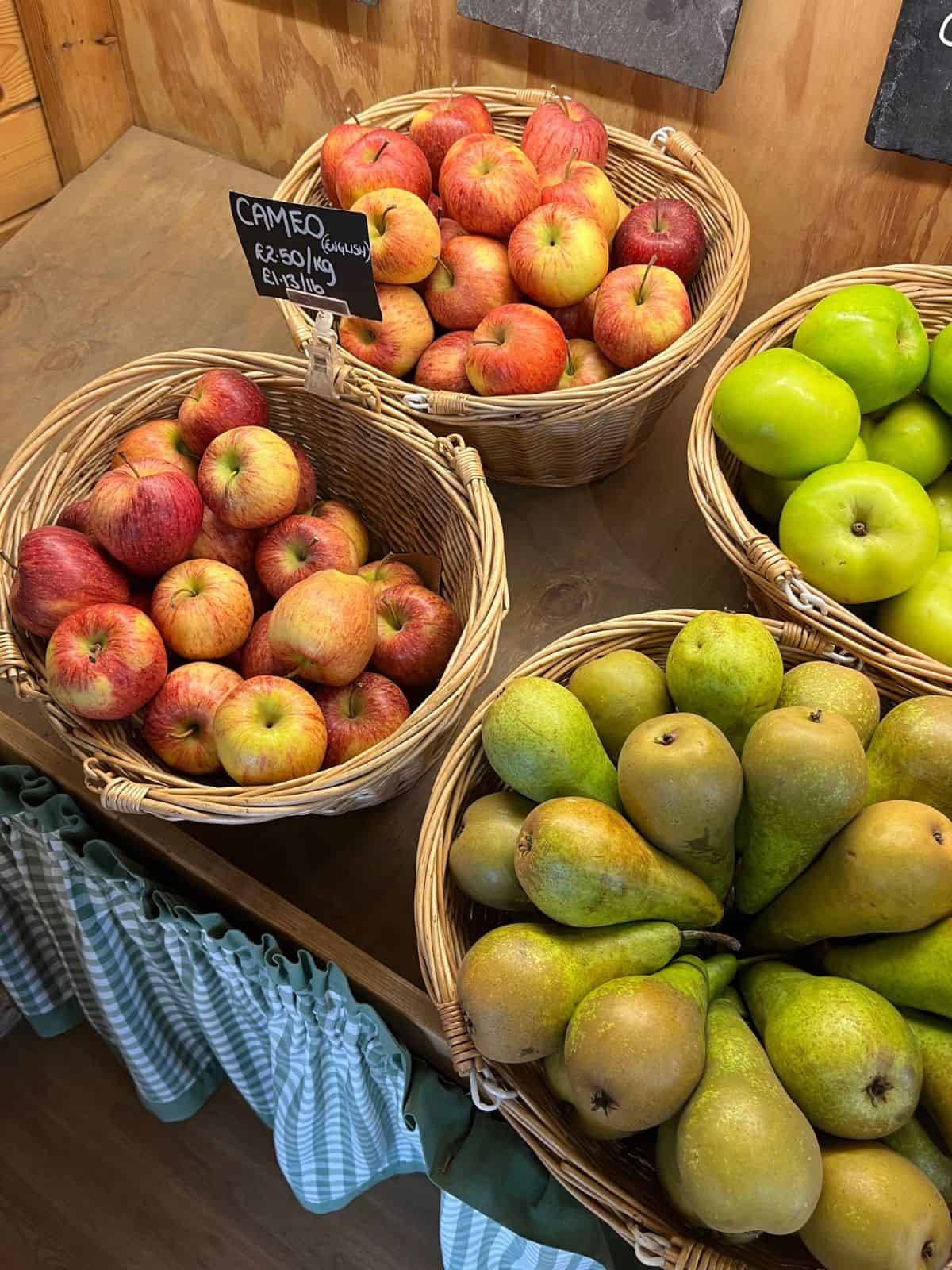
My attempt at being a low histamine vegan
Despite my already restricted diet I decided this year to give being a low histamine vegan a go. I hadn’t ever intended to make this a permanent shift, but I was curious to see if it had any impact on my health. It was to challenge myself to see if I could have more vegan meals or entire days of eating a vegan diet with a view to potentially decreasing my dairy intake a little in the long-term.
The first few days were easy. I started my day, as I always do, with porridge made with plant-based milk. I either did it with fruit, nuts and seeds, or my carrot cake porridge. Lunch and dinner were based on recipes such as my quinoa vegetable soup or my sweet potato and turmeric soup.
I ate even more vegetables than I usually do, which is already a lot, and included things like coconut milk into dishes. Pasta, rice and potatoes were consumed voraciously!
But then it went wrong . . .
After 4-5 days I started to feel two things: hungry and bored. No matter how much food I ate I was still hungry, especially at night. I went to bed with a slight hunger that ultimately meant I wasn’t sleeping as well. Not a great idea with vestibular migraine and other chronic illnesses.
Getting bored
I was also bored of my meals. Usually a vegan or plant-based diet is full of foods that I absolutely love, and which you can make delicious filling meals with. I am one of those people who loves vegetables and would happily eat chickpeas, beans and lentils.
This is where the problem lies for me. As a low histamine vegan, a lot of foods are restricted that usually make up a large part of that diet – think tomatoes, spinach, avocados, some herbs and spices.
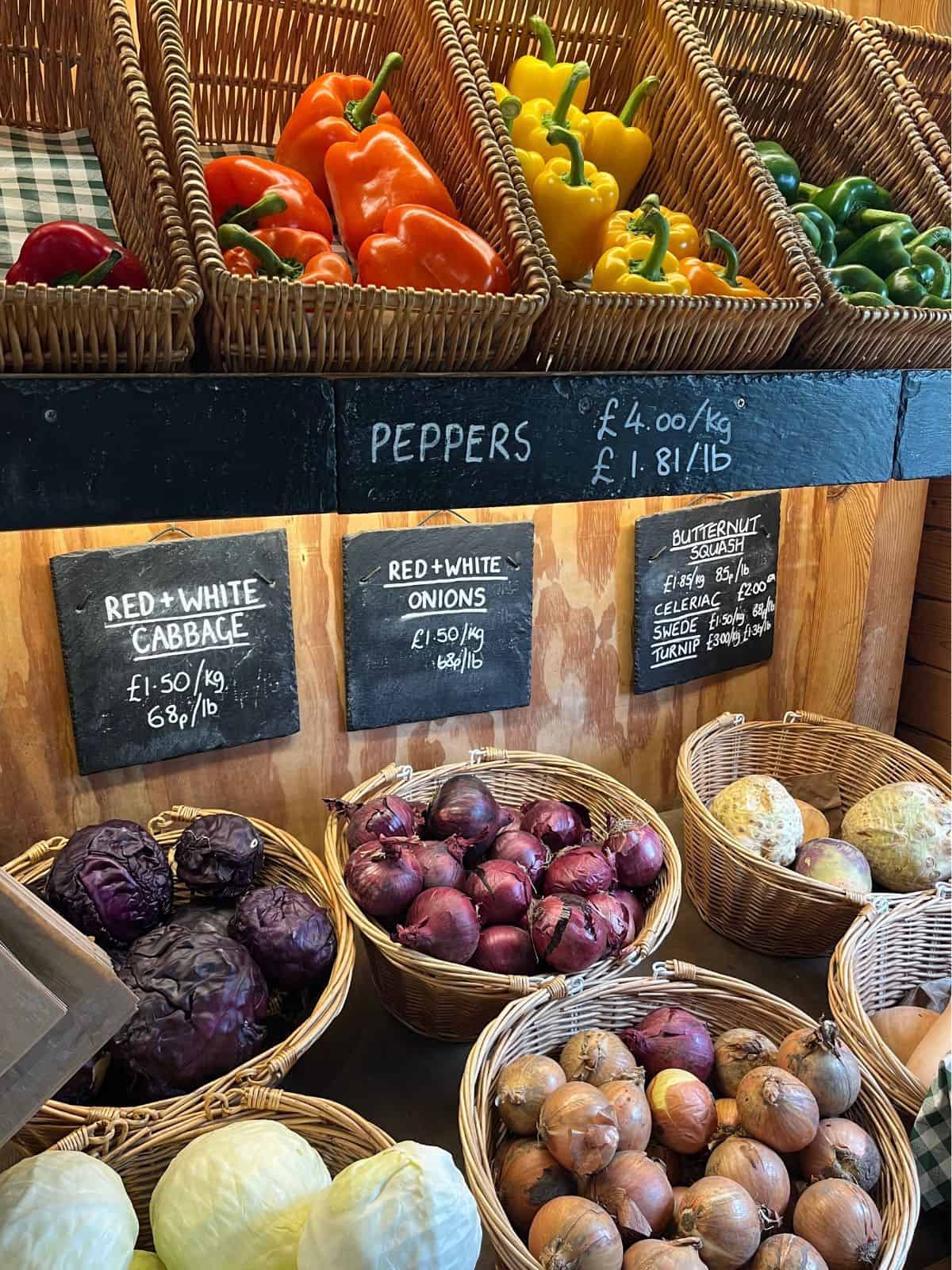
And not enough protein
More problematically, most vegan sources of protein are also typically restricted on a low histamine diet – beans, lentils, chickpeas, tofu, tempeh, seitan, quorn etc, and I know that I cannot tolerate them.
So my protein sources were heavily restricted to quinoa, some seeds and nuts and the more tiny amounts found in vegetables. Basically I wasn’t getting enough protein to satiate me or fuel my body for its needs.
I had foreseen that lack of protein was a potential problem and had planned what I thought would be a good list of meals and snacks to overcome this. So I prioritised having a smoothie everyday as my dietician recommended it as a good option for those on a low histamine (and vegan) diet, I ate smoothie bowls without banana making sure to omit honey and quinoa salad bowls. I was eating many, many, energy balls, going through seeds at an alarming rate and buying a packet of quinoa every few days.
But it wasn’t enough. Aside from being repetitive, eating a low histamine vegan diet for all meals, rather than one or two a day, just wasn’t sustainable for me. I was hungry, not sleeping well and didn’t have as much energy.
At a time when I am trying to to increase my fitness levels it just wasn’t working. I need to fuel my body to function in the best possible way. To help my muscles propel me around the park when I want to run, and my brain to concentrate when I am working. I need adequate quantities of protein, as well as carbs, fats, vitamins and minerals.
Admitting defeat
Reluctantly then, I had to admit defeat after about ten days. It frustrated me terribly me to do this, not least because I had made a pledge on the veganuary website and hate giving up on a challenge I have set myself.
My health, however, has to come first. I am dealing with enough issues as it is. Adding extra fatigue and hunger into the equation is harmful to me.
In all honesty, I wasn’t sure whether to post this piece at all in case I got a lot of criticism (not from my usual followers who are lovely, but others). If you are reading this and are tempted to criticise and tell me I didn’t try hard enough then please try and put yourself in my shoes first.
Chronic illness is tough and has to be managed by each individual in the way that is best for them, and for their body. My needs are different to someone else with the exact same health issues, and probably very different from someone who doesn’t have chronic illness to factor into their diet and lifestyle choices.
In my experience being a low histamine vegan full-time isn't possible, but I may well transition in the future as I come to know better ways to fuel my body on a plant-based diet. I regularly eat vegan meals, often two a day, and love them. I feel healthy and light, and they are always delicious.
I really enjoy putting together low histamine vegan recipes and share many on this blog. You can find them on my low histamine recipes page and I also have a round-up of my favourites on my post low histamine vegan recipes. I will definitely be sharing more, so come back for more plant-based ideas!
I’m always in the kitchen, often cooking vegan meals, so come join me on Instagram and Facebook to be the first to hear of new recipes.
Useful Resources
If you have MCAS or other mast cell disorder, or histamine intolerance, you may find these resources helpful:
Books
Mast Cell-Friendly and Low Histamine Cooking: Diet Guidance and Recipe Collection
Never Bet Against Occam: Mast Cell Activation Disease by Dr Lawrence Afrin
Mast Cells United by Amber Walker
The 4-phase histamine reset plan by Dr Becky Campbell
Websites
Don't forget to pin the post!
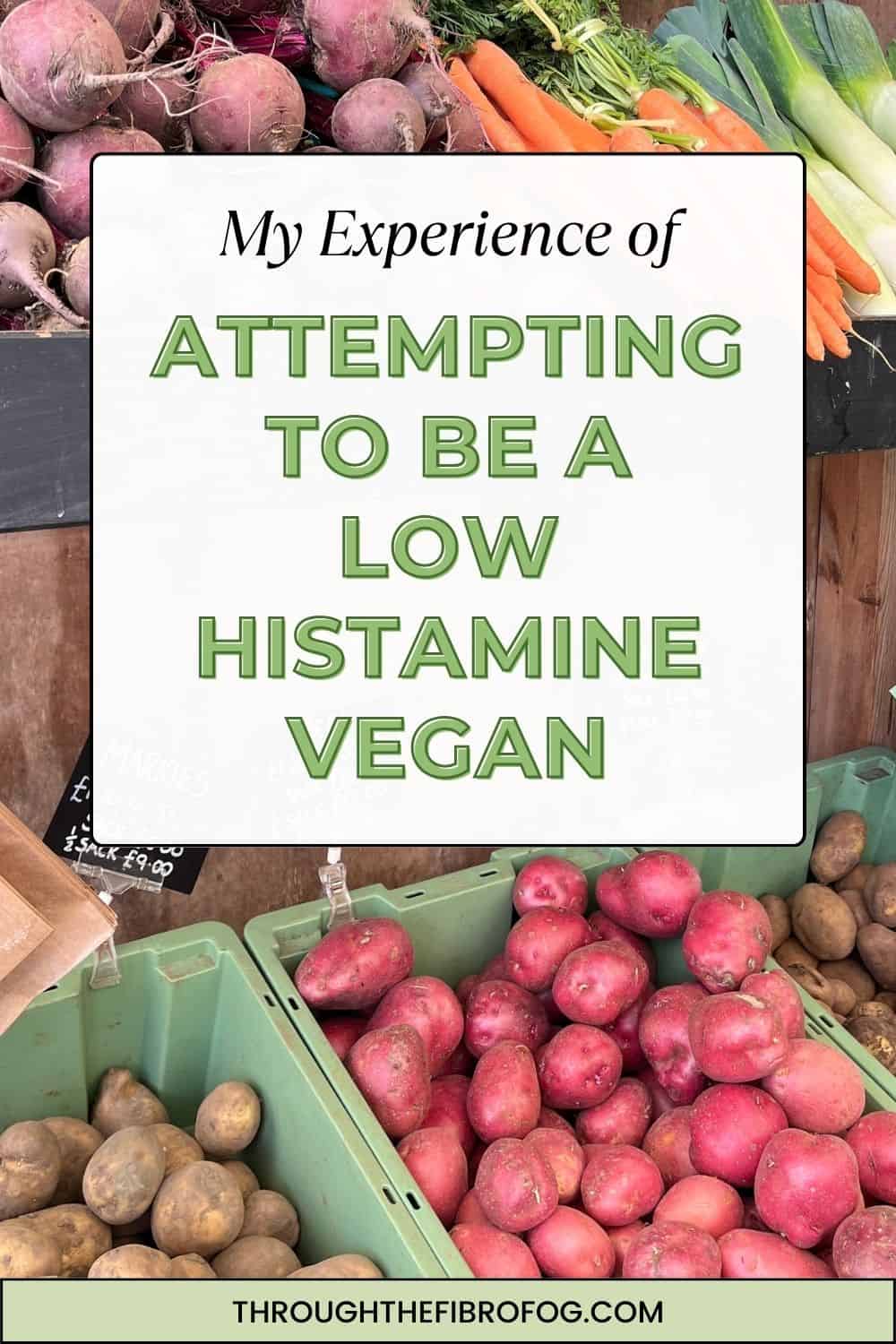
UK Amazon product links
Mast Cell-Friendly and Low Histamine Cooking: Diet Guidance and Recipe Collection
Mast Cells United by Amber Walker
The 4-phase histamine rest plan by Dr Becky Campbell
Never Bet Against Occam by Dr Afrin
*always seek medical advice before trying a new supplement
Please follow the advice of your doctor as to all medical treatments, supplements, and dietary choices, as set out in my disclaimer. I am not a medical professional, and this is simply my story and the resources that are helpful to me.
This post contains affiliate links.

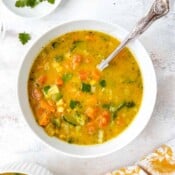
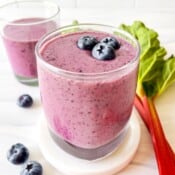
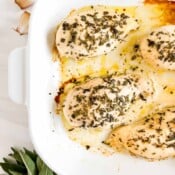
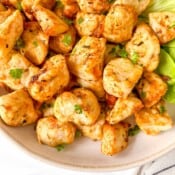
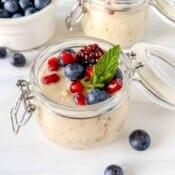
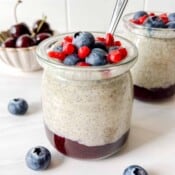
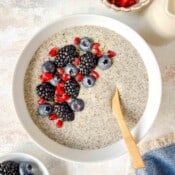
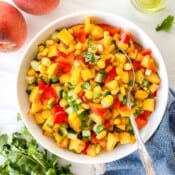
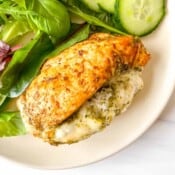
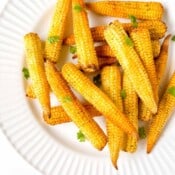
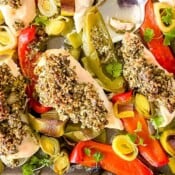
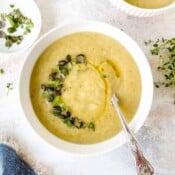
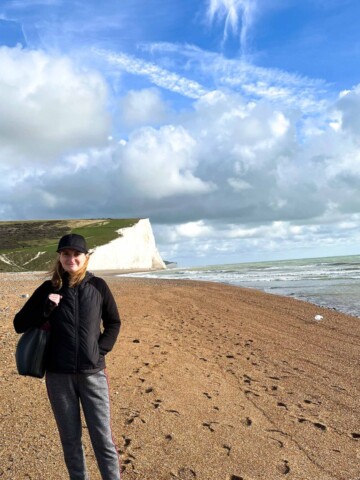
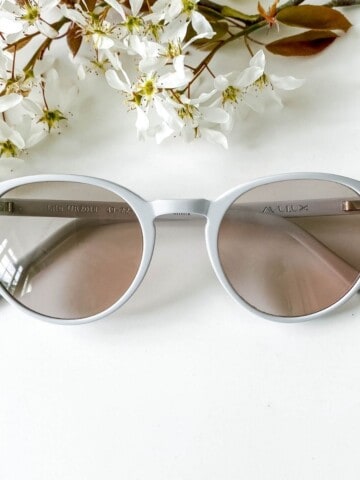
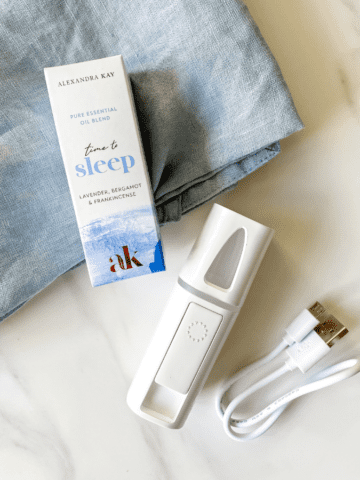
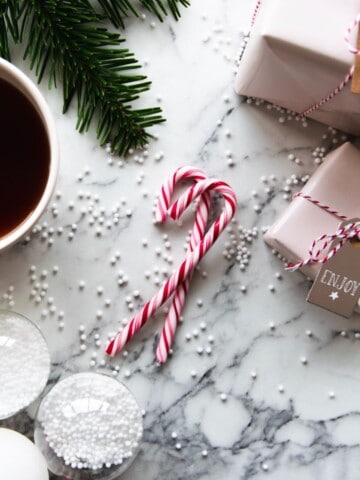
John Cubbidge says
Hi, you have voiced a concern of mine.
I have ME/CFS Plus MCAS & IBS, so don't have the strength to be standing and fiddling with complex dishes.
I can't bear the thought of eating meat, and have a problem with nuts as my teeth were extracted some years ago and I don't have the energy to make half a dozen trips to the dentist to have dentures made and fitted.
I can no longer tolerate legumes, and am concerned about protein intake on a vegetarian diet.
Thanks for voicing the issues we face.
John
Claire says
Hi John, sorry to hear that you are having such difficulties. I wonder if speaking with a dietician would be helpful given your complex health issues? Claire
Kartik Kohli says
Thanks a lot for sharing, makes us feel connected and not isolated in this struggle. Proud of you and Stay strong 🙌🏻
Claire says
Thank you, that's very kind 🙂
Sharon says
I agree, my diet has become so boring! What nuts were you able to eat? Most nuts are a big trigger for me.
Claire says
I follow the SIGHI list, so if that list is advised by your doctor or dietician then Brazil nuts, pistachios and macadamia are rated as low histamine. Best to work with a dietician to figure out which foods are suitable for you.
Tara says
Thank you for this post. Like some of the other comments above, this helps me remember that I am not alone! Celiac disease, multiple food allergies, and now the doctor thinks I have a mast cell issue going on that is affecting my heart. I’ve been vegetarian and vegan in the past but have had to give that up in order not to starve (nut allergies, allergic to pretty much every grain, plus dairy and soy allergies. It’s crazy). I’m investigating a low histamine diet now to complement the medications the doctor is putting me on to try to get my immune system under control. Thanks again for your helpful posts!
Claire says
I'm sorry, that's a lot to deal with. I hope that the low histamine diet is helpful for you and you see some improvements in your symptoms. It's hard to change diet I know but wishing you all the best with it.
Christie says
I am so thankful I have discovered your website and that you decided to post this article. I have all of the same diagnoses as you, and I used to be plant based. I grieve everyday that I can no longer eat a vegan diet, or even be a vegetarian, due to all of my intolerances. Thank you for reminding me that I am not alone in this world.
Claire says
Hi Christie, it's definitely tough having to make changes to our diets isn't it. So glad you find the website helpful.
Robyn says
Claire,
Thank you for this article!
I too have MCAS and SIBO meaning already difficult low histamine low fodmap diet. Wanting to prevent cancer I started to be vegan again about 10 days ago. So challenging to find enough protein and iron for my body and to fuel my exercise daily!
I feel pretty terrible since I can’t have the typical vegan proteins. Rather than pressing on I am going to add some animal protein once a day and still be veggie heavy. I want you to know you are not alone in this difficult and often lonely journey with these food restrictions and conditions. I wish healing for you.
Robyn
Claire says
Hi Robyn, it's very difficult to be so restricted isn't it and not necessarily make dietary choice that we would wish to. I'm also quite veggie-heavy and find it works best for me, so I hope your diet going forward works for you too. All the best, Claire
Tim D says
Hi Claire,
I am a vegan with MCAS and every nutritionist or functional medicine practitioner I reach out to online does not recommend a vegan diet. I really want to find a vegan way to heal from MCAS. What animal products did you reintroduce into your diet?
Claire says
Hi Tim, perhaps seeing a registered dietician who specialises in the diet would be helpful. It's very individual as to which foods are suitable, and may vary depending upon other health conditions. I hope you a positive way forward that works for you.
Lee says
Chia seeds and buckwheat flour. You can make chia seed bowls for breakfast and buckwheat flour savoury pancakes. Both are low histamine, vegan and filling, plus good protein.
Claire says
Hi there! Glad you found something you enjoy. Unfortunately buckwheat is rated as higher histamine on the SIGHI list, which I have been advised to follow, so it isn't suitable for me.
Melissa says
Wow! Love your honest experience. I had to rely on most high histamine foods to eat plant based. I already find eggs dairy and gluten problematic but need to continue clearing histamine because I've had so much inflammation. I constantly hear the benefits of plant based but it's near impossible to not become nutritionally deficient and continue. I too was frequently hungry. I felt best when I tried to pair healthy, fat, fiber and protein in each meal to stabilize blood sugar, reduce the burden on my liver and limit histamine rich foods. Cooking special meals in addition to cooking for my family each night is also challenging. Your post makes me feel better, I've been feeling like I'm doing something wrong. Hope you have found the right meal plan for you. Thanks for sharing!
throughthefibrofog says
Hi Melissa, I don't think any of us are doing something wrong, it's just really tough to try and eat a balanced diet with a lot of restrictions. I wonder if you would find it helpful to see a dietician? For me, eating low histamine is the important bit now and I'm thankful I am OK with some dairy and gluten. We are all so different though, so a specialist may be able to offer some guidance. Hope it goes well for you.
Stacey Dahn says
You are doing the best you can for you and better than it trying at all. That is what matters.
throughthefibrofog says
Thank you! I think we all need to find the diet that bests suits us and our health.
Laura Tudor says
Thank you so much. I struggle so much with my body being undernourished as a low-histamine vegan and adding eggs/young cheese (humane as much as possible because the dairy industry is evil) and wanting to be a vegan!
throughthefibrofog says
I hope the post helped, and that you can find a balance that works for you.